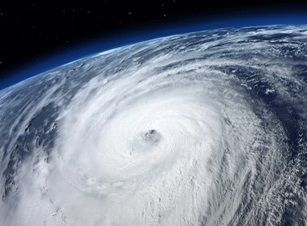 October 2010 • Tribune 28 •
October 2010 • Tribune 28 •
The issue of climate change has been politicized decades ago and lost its purely scientific character, in the service of ideological, political and economics aims. For the last 10 or 15 years, emotions and feelings appear to progressively take precedence over science. Debates about energy and climate policies are too often confusing and emotional due to misinformation and because people are mixing up ideological, political and factual arguments. Extreme positions have been and are sustained by both supporters of man-made climate changes, the so-called “environmentalists”, and the “climate sceptics”.
Could we say that “concern over global warming has cooled down” as suggested by Stefan Theil: “In übergreen Germany, only 42% of citizens worry about global warming now, down from 62% in 2006. In Britain, just 26% believe climate change is man-made, down from 41% as recently as November 2009. And Americans rank global warming last in a list of 21 problems that concern them, according to a Pew poll”. What is sure is that climate is complex and its modelling is fraught with uncertainties! On the other hand, numbers are too often chosen to impress, to score points in arguments rather to inform. Alarmists do not necessarily intend to present an objective climate situation, but rather to shock the people into taking action which serve their purpose.
The purpose of this paper is to analyse the views of “environmentalists” and climate sceptics, about the causes of temperature changes and in particular over the last century. Does it deal with a natural phenomena or is the twentieth century climate change anthropogenic? What about the changes of the last decade: warming or cooling? In this respect are mathematical models a reliable basis for predictions? What are the current policies of governments regarding climate changes?


